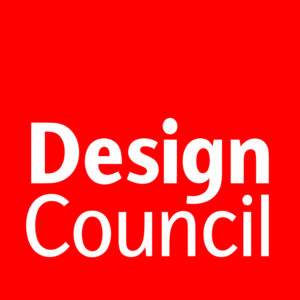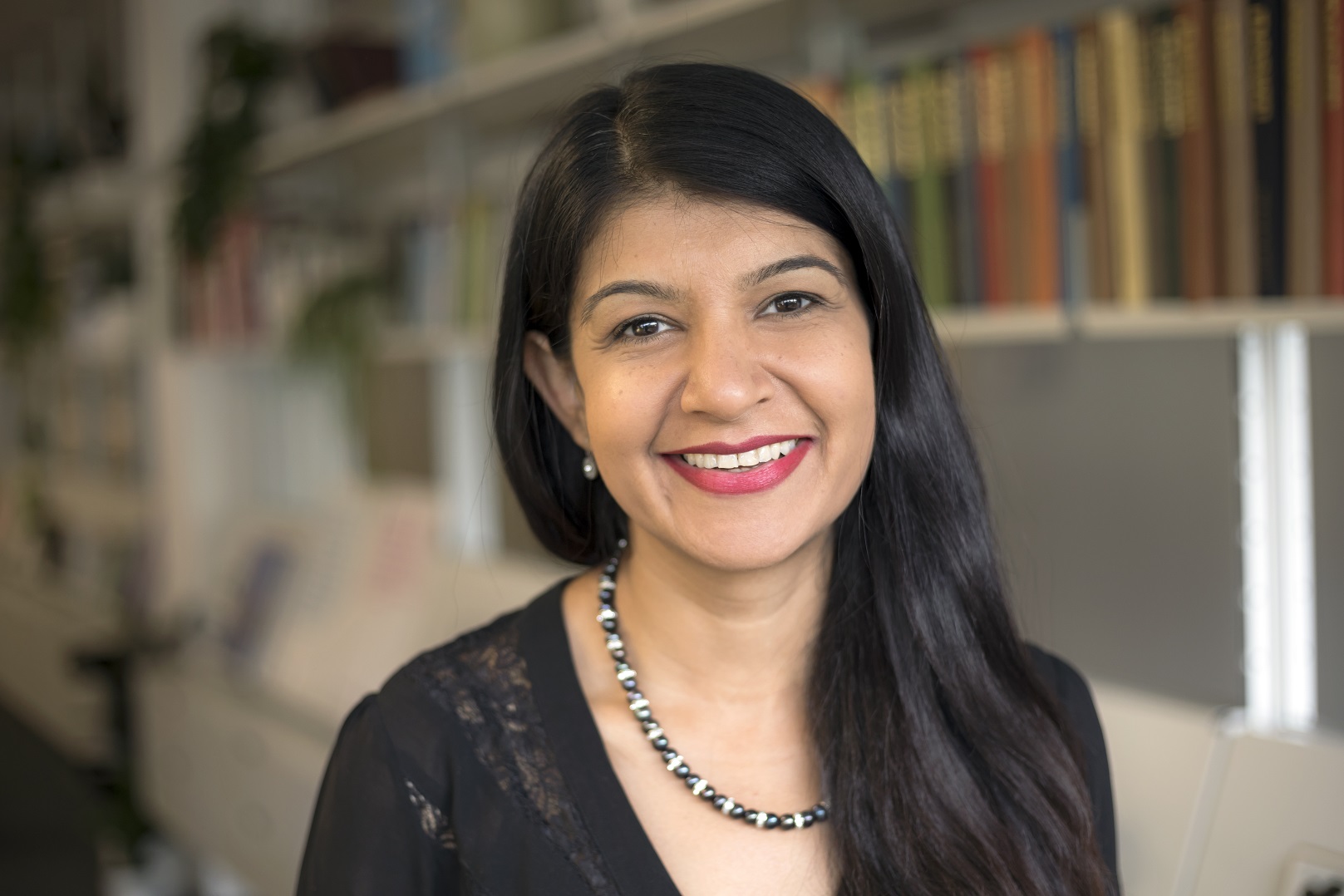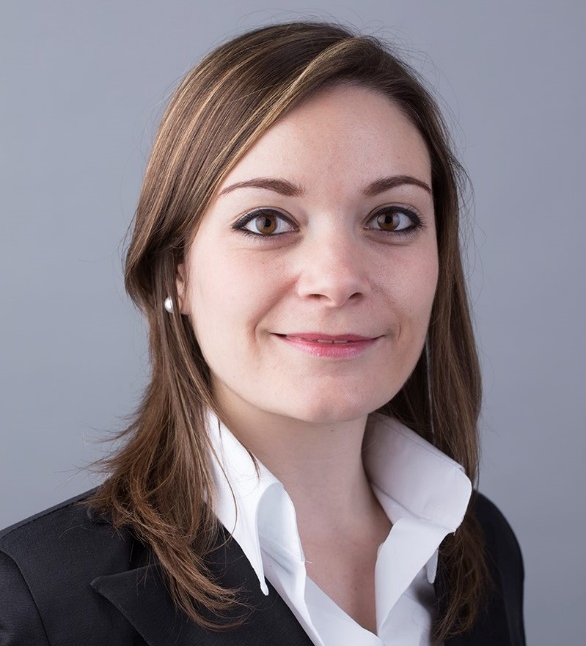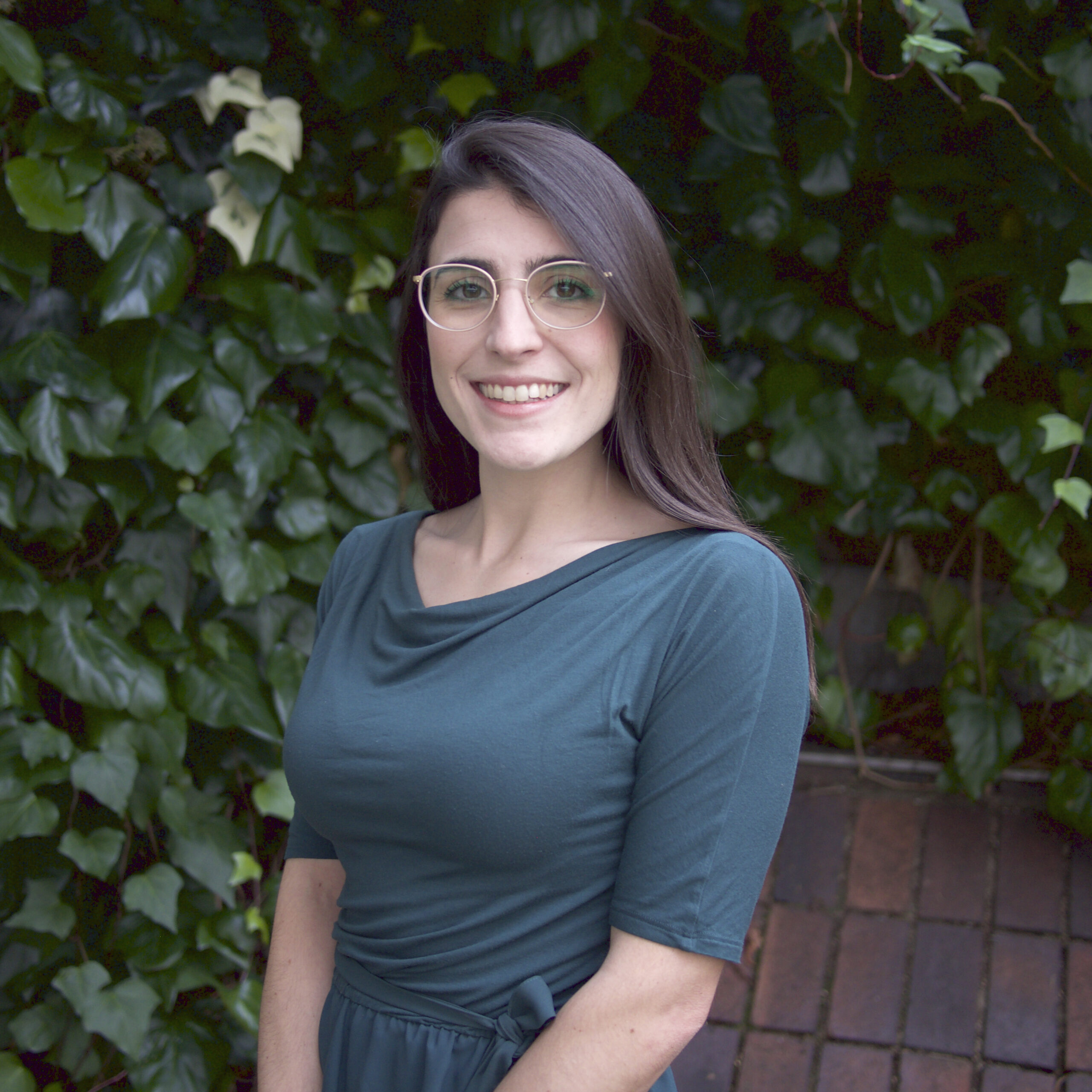PhD - South Asian Muslims: Adjustments to British Citizenship, University of Luton (now University of Bedfordshire) (2003)
| Director of Policy, Research and Communications | |
|---|---|
| Design Council | |
Year entered into a non-academic position: 2002
Job highlight: meeting a diverse group of people working in a range of different sectors; constantly being stretched.
My research training set me up to… be a critical thinker, to pull together and recognise a strong argument through the written word; to have a broad foundation re research methods, good understanding of academia
Left academia after: PhD
What’s your background?
I did a BA in Politics and Sociology at the University of Kent and following a summer break embarked on my PhD on South Asian Muslims: adjustments to British Citizenship. This PhD took a social science/ethnographic approach, drawing on qualitative approaches. I built on this skill set in my first job, while doing my PhD, which broadened my methodological experience to encompass evaluative research.
Why did you move away from academia?
I found academia to be too individualistic – PhD’s are inevitably personal, but I found there was not much collaboration or sharing of ideas amongst my peers. I was early in my career, but it was not an environment I enjoyed and so was keen to move out of academia post PhD.
Is there anything you miss about academia?
Time to read, think and explore new ideas in some depth.
How did you get this job? Did you face any challenges when considering a move away from academia or applying for the role?
I submitted my PhD and started working in a non-academic environment immediately as an Evaluations Manager for the Big Lottery Fund now known as the National Lottery Community Fund. I stayed with the Big Lottery Fund for 12 years and worked in a number of different roles: Evaluations manager, Senior policy advisor, Head of policy and eventually Deputy Director for our work in England. Can’t say there were any barriers as I had made this transition while doing my PhD. After 3 years full time, I went part-time on my PhD and while still based at the university, was also working in the local authority to support them with evaluative work on a number of health projects they were pursuing. Since then, as noted, I have had a number of roles and so when it came to this job I guess people are looking at my years of experience – not just whether I have or do not have a PhD.
What motivated you to/why did you choose the sector you transitioned into?
I have always worked for the public sector. I am not personally motivated by money so that was not my driving force – but more about trying, in my small way, to make life better for others. So I have always worked in public bodies, that have as their mission to support others and that is no different today.
Did you think you had the skills required for your current position before you started? Were you right?
No. I am very much a generalist – so you never really know if you have the right skills. It’s about knowing enough to be able to join the dots. This is probably the hardest job I have done in that there are a lot of dots to join. Also I have never managed a communications team – but as a leader you need the right specialists who can take the work forward – as a leader I need to be able to set the direction which I hope I can do.
How did your PhD prepare you for your current job? For example, what were the transferable skills that you developed during your PhD that are most relevant to your current job?
It has supported me to be a critical thinker, but at the same time to really value a simple argument, no matter how complicated the idea. While doing my PhD, I was constantly bamboozled by language: language of texts, language of supervisors – to the point that it felt at times exclusionary. In contrast, when I finished my PhD, I went to work for a public funder who was very strong on ensuring all their communications were clear and simple/in plain English. So oddly one of the most valuable transferable skills for me is to ‘keep things simple’. Language should never seek to exclude.
Did you have any preconceptions about your sector that proved to be wrong?
No.
Can you describe a typical week in your job?
Not sure there is a typical week. There are some aspects of the job that are routine – 1-1 with line reports, business development meetings, team meetings… Meetings generally. What is common about all this, is much of my job is about relationships – with government officials and stakeholders in the public, private and charitable sectors. To convince them on the value of design – as an approach – a skillset and mindset that helps you understand and explore your challenge and work with others, across sectors, to really explore what the opportunities for innovation might be.
What is the workplace culture like? Please include comments on work-life balance, flexibility, remote working?
I took a couple years off to have children and working at Design Council was me returning back to work after this break. The workplace culture has been very supportive to me personally as I adjusted to balancing home with work. I have always been able to work at home one day a week, been able to start early and finish early so I can collect my children from childcare. There has been no expectation that I am to work meetings that fall into the evening – an important aspect of the role when you are seeking to connect your work to the work of others. All this has been a major help and without it I may have struggled.
Do people with a PhD frequently get hired in the company/sector?
It’s not a requirement for any role but it does show you have an ability to think and deal with complexity – so I can’t imagine it ever goes against you.
What are your favourite parts of your job?
Working and learning from my very clever colleagues.
What are your reflections on your career path?
I have met very few people in my life that had a planned career path – certainly in the field that I am in. I embarked on a PhD because the opportunity arose. My work experience while finishing my PhD gave me a good grounding in evaluative research – which stepped me into my next role at the Big Lottery Fund. There, I made the transition from research to policy – mainly because I wanted to be able to use research to make a difference. So, with each new role, I added a little to my skill-set that has supported me to get my next role.
Do you have any advice for current graduate students and postdocs considering a career outside of academia?
People skills are vital – the one thing that I think PhD students may have to prove to any employer outside academia is that they can fit into the work culture – get on with people, be empathetic and be able to see things from different perspectives.
You have a PhD – any employer will know you are clever and intellectual – what they will want to test in any interview is your ability to connect. No matter what the job is – clever people may go far, but clever people who can connect with others will inevitably go further.
What do you know now that you wish you’d known when exploring a transition?
That like a Bachelors/Masters, a PhD can be about having a subject specialism, but it’s also a mechanism by which you gain lots of transferable skills – not just with the studying but also with learning to deal with people. So make the university PhD experience a whole one – study hard, but talk to people and engage if possible with the community you live in.
Can you recommend any relevant resources, organisations or events that might help somebody new to the sector find out more about it?
To find out about the charitable sector visit: https://www.ncvo.org.uk/
 Design Council’s mission is to make life better by design. We work with people to create better places, better products and better processes, all of which lead to better performance. We commission pioneering evidence-based research, develop ground-breaking programmes and deliver influencing policy work to demonstrate the power of design and how it impacts three key areas of the economy: business innovation, places and public services. We bring together non-designers and designers – from grassroots to government – and share with them our design expertise to transform the way they work.
Design Council’s mission is to make life better by design. We work with people to create better places, better products and better processes, all of which lead to better performance. We commission pioneering evidence-based research, develop ground-breaking programmes and deliver influencing policy work to demonstrate the power of design and how it impacts three key areas of the economy: business innovation, places and public services. We bring together non-designers and designers – from grassroots to government – and share with them our design expertise to transform the way they work.
https://www.designcouncil.org.uk/
Please write a few lines specifically on how the organisation uses researcher talent (which includes growth areas if any and/or valuable inputs gained from researchers employed)
We commission researchers to take forward some elements of our programme of research. A particular area of interest for us is measuring the value of design. We did this in 2015 and 2018 – https://www.designcouncil.org.uk/what-we-do/research-insight/design-economy%202018. By 2021, we want to have made significant progress in not just being able to evidence the economic value of design but also the social and environmental. So we are actively looking at the best way we can do this – learning from how different sectors measure value beyond economics. In addition, we are also seeking to capture the main invisible/intangible benefits of design skills.





